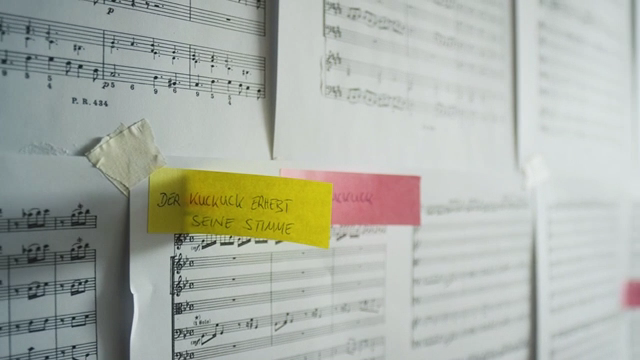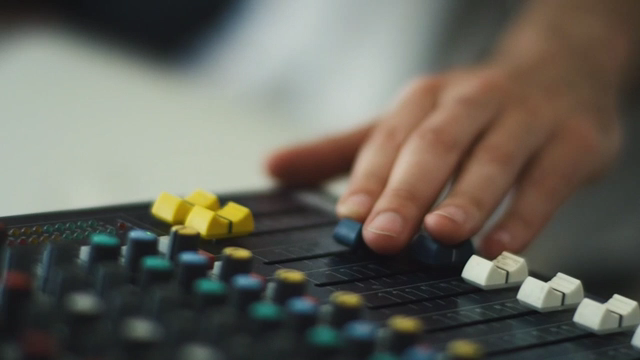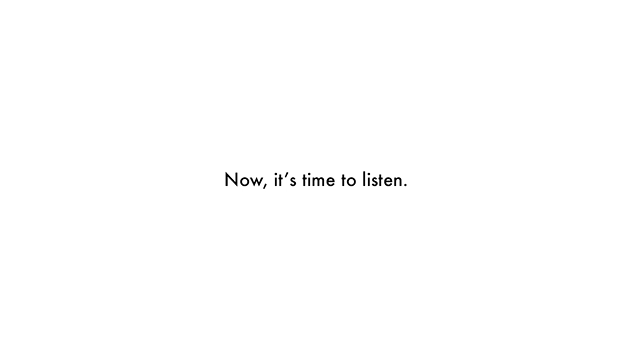| 일 | 월 | 화 | 수 | 목 | 금 | 토 |
|---|---|---|---|---|---|---|
| 1 | 2 | 3 | 4 | 5 | 6 | 7 |
| 8 | 9 | 10 | 11 | 12 | 13 | 14 |
| 15 | 16 | 17 | 18 | 19 | 20 | 21 |
| 22 | 23 | 24 | 25 | 26 | 27 | 28 |
| 29 | 30 | 31 |
- 광고
- 축제
- madstars
- 공모전
- 출품
- ADSTARS2021
- 국제광고제
- 부산국제광고제
- 수상작
- 2025부산국제마케팅광고제
- 2024부산국제마케팅광고제
- madstars2024
- madstars2023
- 벡스코
- 심사위원
- adstars
- 광고제
- 2022부산국제광고제
- 2023부산국제마케팅광고제
- 부산
- 인터뷰
- ad stars
- madstars2025
- 강연
- 콘퍼런스
- 2015 부산국제광고제
- 이벤트
- madstars2022
- 마케팅
- 부산국제마케팅광고제
- Today
- Total
부산국제마케팅광고제와 함께하세요!
< AD STARS 2020 Grand Prix - For Seasons composed by climate data > 본문
< AD STARS 2020 Grand Prix - For Seasons composed by climate data >
부산국제마케팅광고제(MAD STARS) 2020. 12. 23. 09:41
이번에 소개드릴 작품은 2020부산국제광고제
Radio & Audio 부문에서 Grand Prix를 수상한
For Seasons composed by climate data입니다.





기후변화는 지구에게 가장 심각한 위협으로 다가오고있습니다.
이 기후변화를 사람들은 애써 외면하려고 하는데요.
북극의 빙하가 점차 녹으면서 독일의 함부르크는
2050년이면 물 속에 잠기고 말 것이라 예상하고 있죠.




함부르크에 있는 NDR Elbphilharmonie 오케스트라는
이 심각한 위협에 침묵할 수 없었으며,
음악의 힘을 이용해 사람들의 관심을 촉구하고 싶었습니다.




그래서 NDR Elbphilharmonie 오케스트라는
비발디가 작곡한 <사계>의 음표들과
18세기부터 현재까지의 기후 데이터 세트를 결합하여
새로운 교향곡을 만들기로 했는데요.





비발디의 경쾌하고 조화로운 <사계>와 달리,
새로 만들어진 교향곡은 마치 현재의 자연이 처한 상황을 대변하듯
계절이 서로 뒤섞여 균형을 잃은 채 연주되어
듣는 이들에게 절로 불편함을 자아내게 했습니다.



비발디의 <사계>를 변주한 <For Seasons> 교향곡은
Elbphilharmonie Hamburg 극장에서 초연되었으며,
모든 객석이 매진된 가운데 페이스북에서는 15만명의 시청자를 대상으로 실황 중계되었습니다.



공연이 끝나자, 충격에 사로잡힌 청중들은 7분에 걸쳐 기립박수를 보냈다고 하는데요.
이들이 전달하고자 한 메시지는 급속도로 전 세계에 전파되었고,
수백만 지구인이 기후변화의 위협을 경고하는 목소리를 경청하게 되면서
기후변화에 대한 경각심을 가지게 만들어준 크리에이티브였습니다.
✔ Title : For Seasons composed by climate data
✔ Brand : Music Orchestra / Culture & Art and Entertainment
✔ Name of Company : jung von matt ag
Climate change has become the biggest threat to life on earth. A threat so overwhelming that people prefer to ignore it. Even after numerous scientific reports, extensive media coverage and a whole generation having taken to the streets, we should have all got the message by now. Yet, it seems the magnitude of the climate crisis is so overwhelming, many prefer to ignore it. The NDR Elbphilharmonie Orchestra from Hamburg, a city predicted to be flooded by 2050, could not remain silent to this mounting disaster and wanted to use the power of music to make people listen up.
Vivaldi wrote the Four Seasons in 1723. His work was a revolution in musical composition: In each concerto, he portrayed the characteristics of the seasons and their natural phenomena like flowing creeks, violent storms, frozen landscapes and even singing birds. But, since then, the world he depicted in his music has dramatically changed. To imagine what Vivaldi would compose today, we analysed every single nature element in Four Seasons. Then, from temperature anomalies to CO2 emissions and to species extinctions, we gathered more than 10 data sets from the early 18th century until the present day to recompose the concerti.
The For Seasons premiered at Elbphilharmonie Hamburg to a sold-out crowd and to 150,000 live viewers on Facebook. The concert ended with a 7-minute standing ovation by a visibly shocked audience. Our message was picked up fast and the voice of climate change was heard by millions. TV & radio stations in 130 countries reported on the concert and Fridays For Future shared our message. In only a month, For Seasons achieved a global reach of nearly 1 billion contacts. Moreover, 2 days after the concert the United Nations reached out to us hoping to “work together to fight climate change”. For Seasons is now partnering with the United Nations Development Program and more concerts are being arranged.
The score is freely available to any orchestra in the world.
The algorithms mapped the data on the sheet music in two leves: Cross-concert and motif-specific. While overall climate data sets were used to enhance the all four seasons, special data sets like “insect population” were mapped only on individual motifs like “buzzing flies”. For instance, the algorithms adjusted the duration of the seasons: today’s Winter is 51 bars shorter. Motifs of Summer already arrive in Spring. Vivaldi represented “Summer’s occasional thunderstorms” with flashing solo violins.
The new piece is not pleasant: harmonic passages shift into disharmonies, seasons blend together and some notes are completely missing, resulting in an increasingly disturbing experience to the audience's ears. The balance is lost, just like in nature itself.




